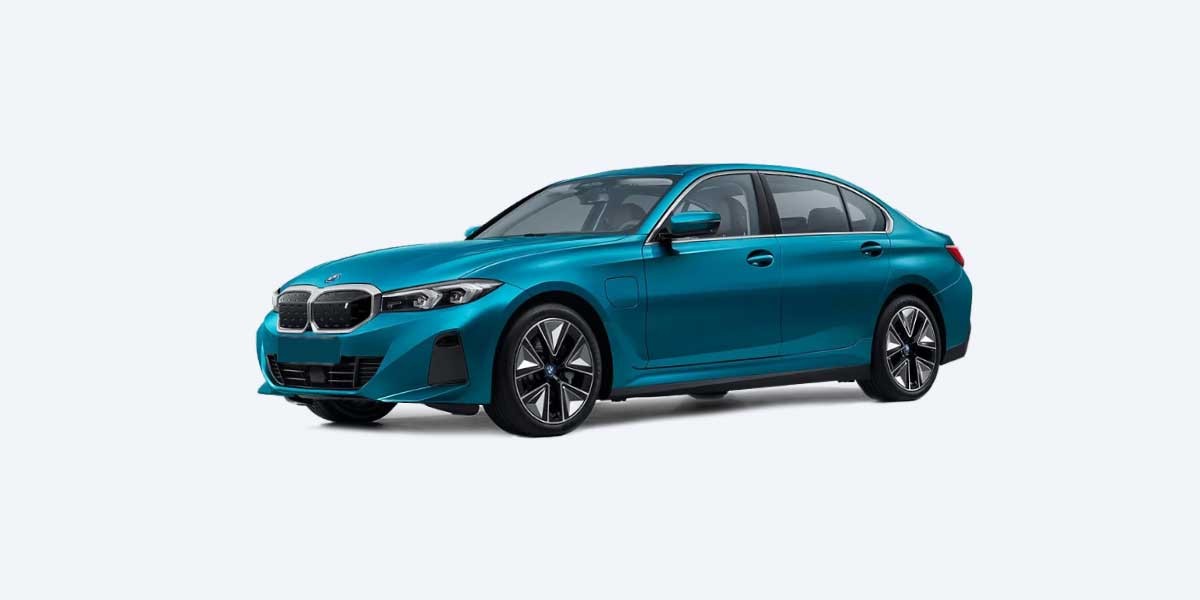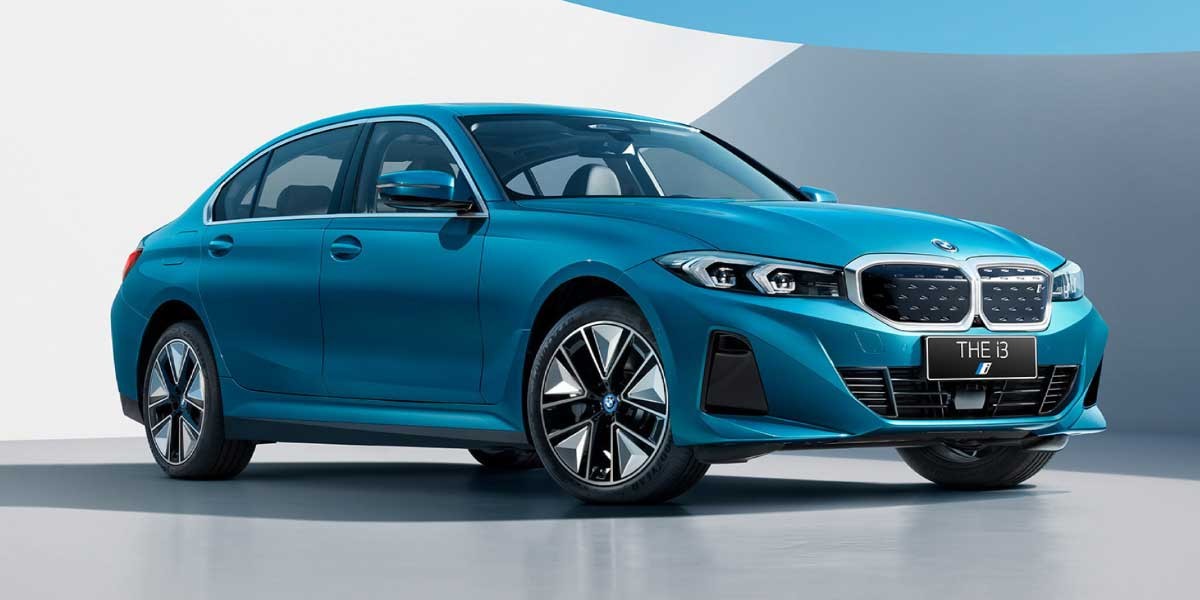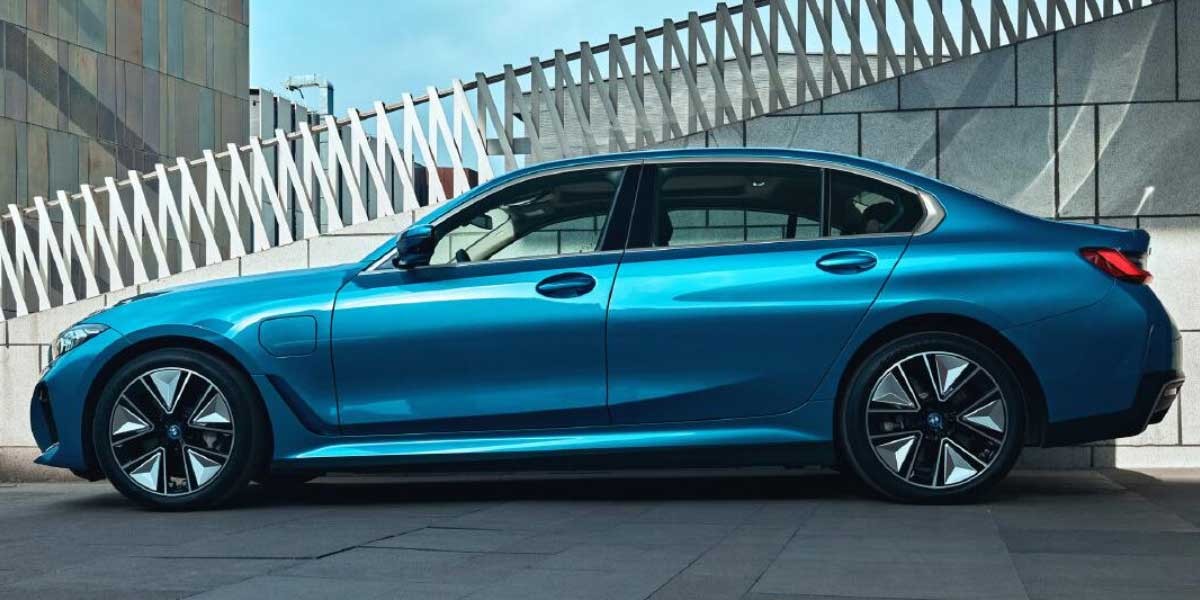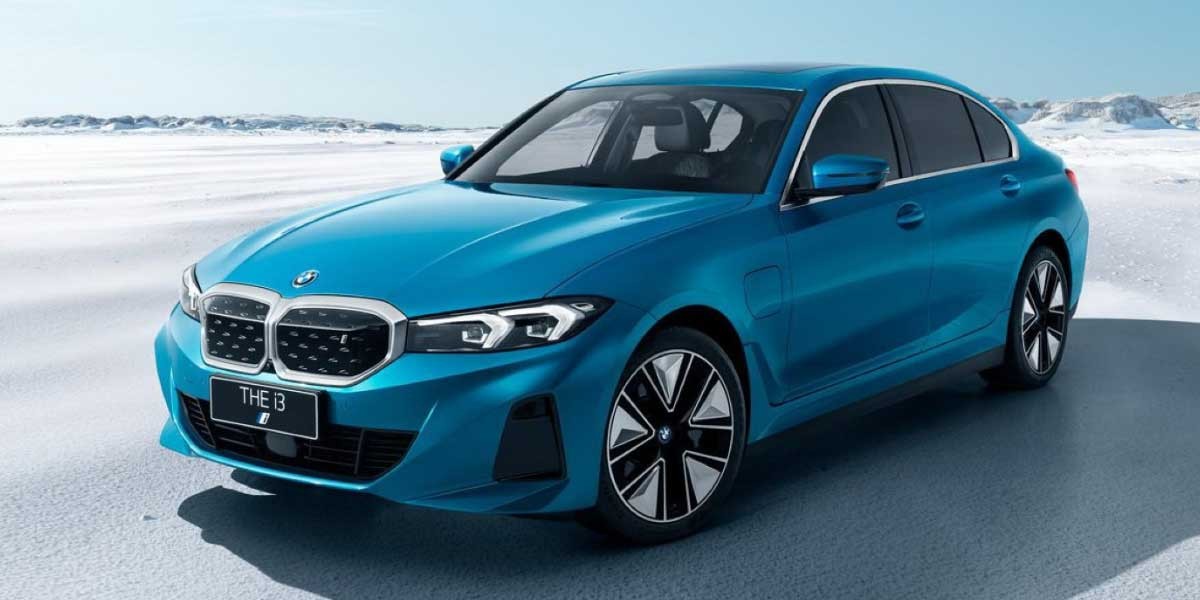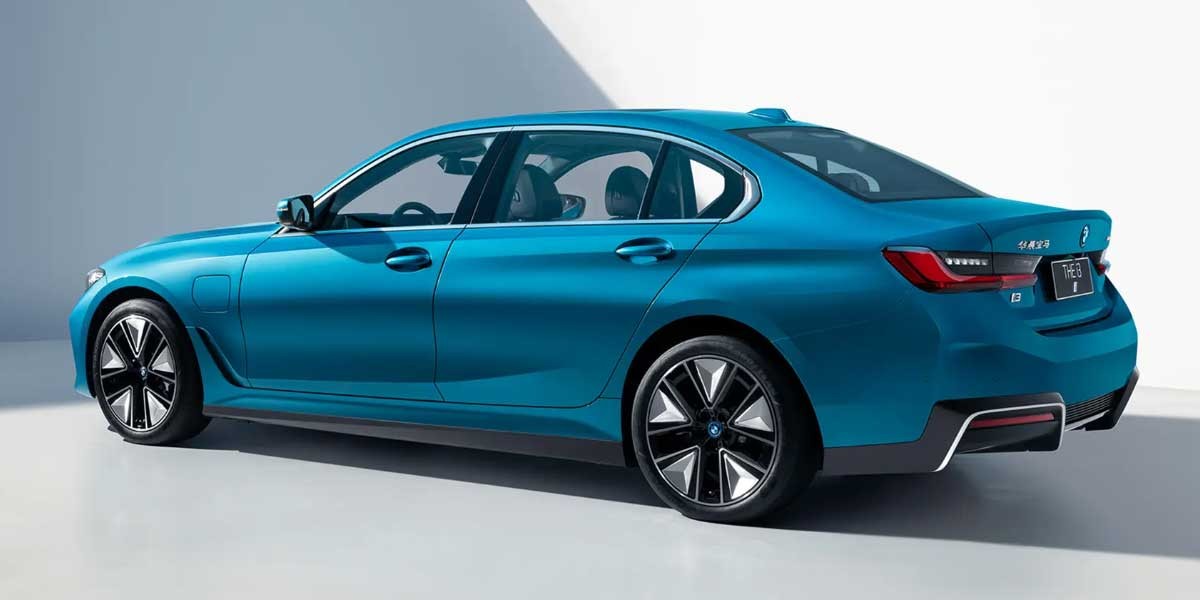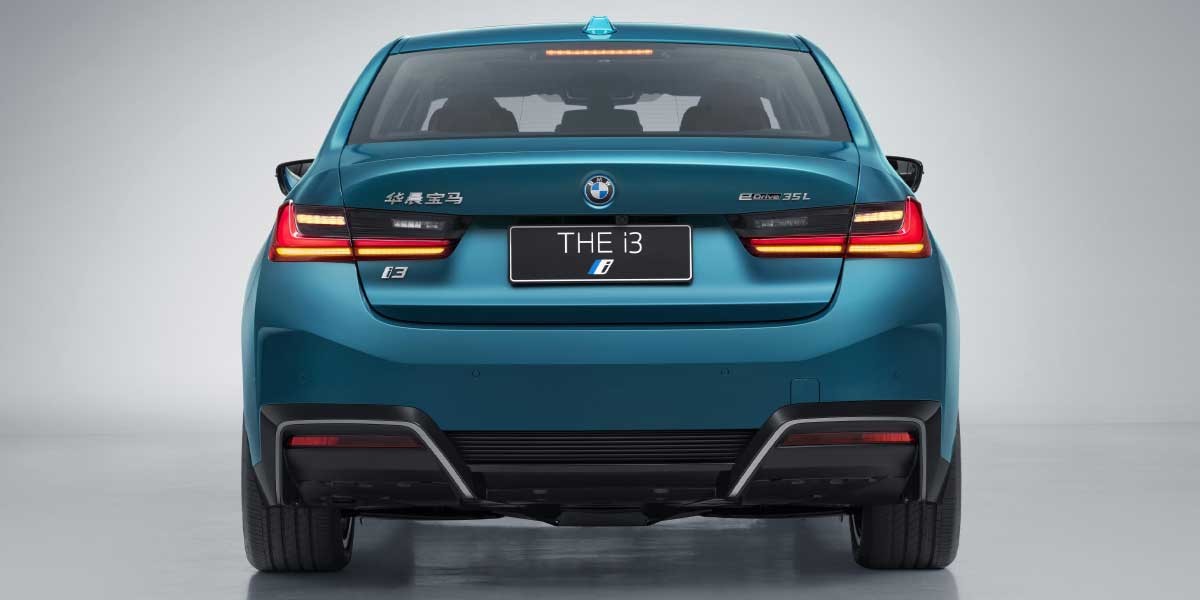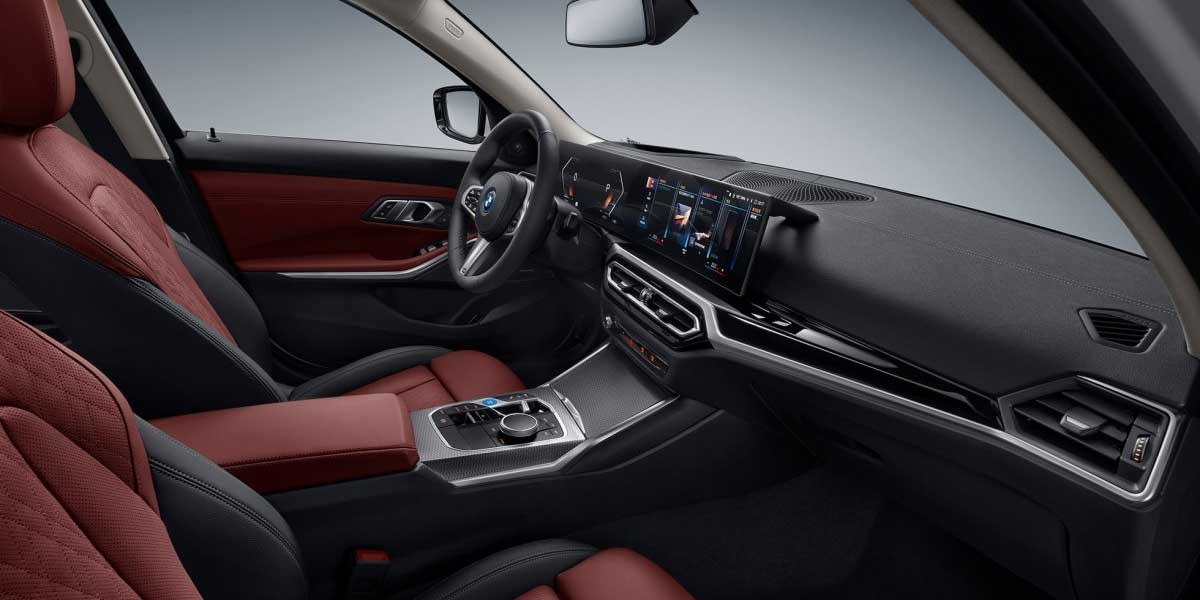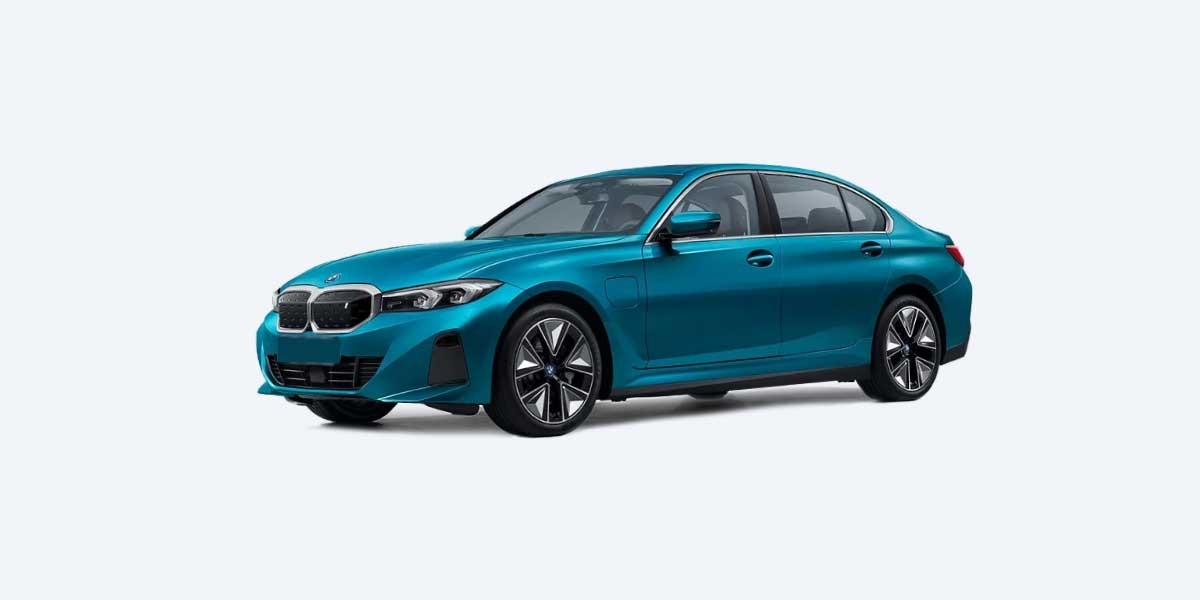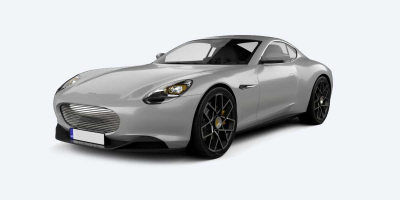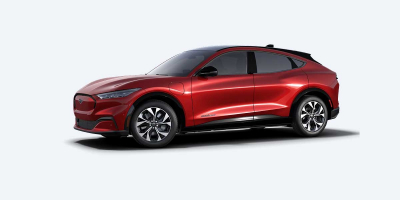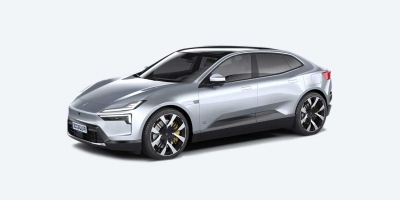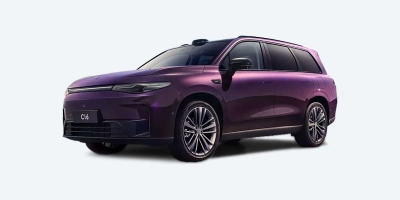BMW i3 Sedan
User Rating: 4.78 / 5
![]()
![]()
![]()
![]()
![]()
BMW i3 Sedan Review ⚡
What is BMW i3 Sedan?
The BMW i3 Sedan stands as a sleek electric vehicle offering a blend of luxury and efficiency. Its design prioritizes eco-friendly driving without compromising on the dynamic performance characteristic of the brand.
BMW i3 Sedan price:
US$ 54990 *
| manufactured in | Germany |
| sales start | 2022 |
| range (km) | 526 |
| battery (kWh) | 66.1 |
| max. speed (km/h) | 180 |
| 0 to100 km/h | 6.2 |
| power (h.p.) | 285 |
| car type | sedan |
| drive type | RWD |
* Minimum price set by the manufacturer, excluding taxes and additional options
BMW i3 Sedan: Electrifying Journey into Future Mobility
As one traverses the continuously morphing highway of electric vehicles (EVs), the BMW i3 Sedan emerges as a lighthouse of ingenuity and environmental responsibility. This fully electric gem doesn't merely present an alternate route to the conventional petrol-guzzling automobiles; it unfurls a roadmap toward the horizon of eco-conscious travel. Within this narrative, we shall delve into the core attributes of the BMW i3 Sedan, deciphering its avant-garde facets, exceptional efficiency, and the distinctive position it occupies in the electrosphere of automobiles.
The Tomorrow Now: BMW i3 Sedan's Journey Dissected
Efficiency: The Electric Symphony
At the nucleus of the BMW i3 Sedan's prowess is its astonishing efficiency, manifesting through a mere 14.3 kWh per 100 kilometers. This efficaciousness mirrors BMW's pledge toward the greener Earth, curbing carbon footprints whilst economizing the operational expenditure for its proprietor. Such efficiency emerges from a concoction of aerodynamic design, state-of-the-art engineering, and technological wizardry.
Velocity Met With Force: Under the Bonnet
Contrary to the sedentary image often associated with electric cars, the BMW i3 Sedan commands attention with a 285 horsepower (209 kW) electric motor, conjuring a formidable torque of 400 Nm which propels it from stillness to 100 km/h in a mere 6.2 seconds. Its peak velocity of 180 km/h ensures a gripping driving escapade while staying true to its eco-friendly essence.
Battery Life and Recharging Alchemy
The soul of the BMW i3 Sedan, its 66.1-kWh battery pack, not only fuels the electric motor but also proffers an impressive autonomy of 526 kilometers (326 miles) on a singular charge. The convenience of recharging is highlighted by its DC charge rate of 95 kW, enabling a swift resurgence in merely 35 minutes. For domiciliary recharging, the AC charge rate of 11 kW guarantees a full battery in just 6 hours, perfectly suiting day-to-day use.
Peering into the Core: BMW i3 Sedan Elucidated
The Heartbeat: Single Motor Engineering
Distinguished by a single permanent magnet synchronous motor, the i3 Sedan's design ethos prioritizes fluent power delivery and frugality. This motor, coupled with rear-wheel propulsion, bestows upon the driver a dynamism that's as exhilarating as it is seamless.
The Autopilot Dream and Craftsmanship
BMW's devotion to pioneering reflects vividly in the i3 Sedan with its autonomous driving capacities, layering an additional veil of secularity and comfort over the commute. Moreover, the championing of the i3 Sedan's assembly in Shenyang, China, under the BMW Brilliance Auto amalgamation, assures elite fabrication standards while nurturing local economies.
Ensuring Safeguard and Supplementary Marvels
The BMW i3 Sedan's commitment to safety is thorough and uncompromising. With a fleet of forward-thinking safety systems, it offers a sanctuary of calm for both the navigator and the voyagers. This electric chariot is also gifted with a generous 410-liter cargo capacity, rendering it not just as a beacon of innovation but also a paragon of everyday practicality.
BMW i3 Sedan: Steering into 2022 with Vision
In the year 2022, the BMW i3 Sedan continues to forge ahead as a harbinger in the EV sphere. Its visionary design, expansive range, and allegiance to environmental stewardship render it a persuasive choice for those poised to embrace the novel epoch of motoring.
Indeed, the BMW i3 Sedan is not simply another automobile; it embodies the march towards progress and mirrors BMW's unwavering dedication towards crafting a sustainable, yet thrilling future of automotive exploration. With its electric-powered efficiency, vigorous performance, and myriad of pioneering features, it carves a niche for what an electric sedan is capable of achieving.
F.A.Q. about BMW i3 Sedan:
What is the range of an electric vehicle on a single charge?
The BMW i3 Sedan has a range of approximately 526 kilometers (326.9 miles) on a single charge.
How long does it take to fully charge an electric vehicle?
Charging times can vary, but typically, a BMW i3 Sedan takes about 6-8 hours to fully charge using a Level 2 home charging station.
Are electric vehicles more expensive than gasoline cars?
The initial purchase price of the BMW i3 Sedan is $54,990, which may be higher compared to similar gasoline cars. However, savings in fuel and maintenance costs often offset the higher upfront cost over time.
What is the battery capacity?
The BMW i3 Sedan is equipped with a 66.1 kWh battery, which powers the vehicle and determines its range and energy storage.
What is the top speed?
The BMW i3 Sedan has a top speed of 180 km/h (112 mph), providing ample performance for highway driving.
What is the total power?
The BMW i3 Sedan delivers a total power of 285 horsepower (212.6 kW), making it a powerful electric sedan.
Can electric vehicles be charged at any charging station?
Electric vehicles like the BMW i3 Sedan can be charged at most public charging stations, provided they support the charging standards used by the vehicle.
What is the acceleration compared to other EVs?
The BMW i3 Sedan accelerates from 0 to 100 km/h in 6.2 seconds, which is competitive among electric vehicles in its class.
What is the price of a car?
The BMW i3 Sedan is priced at approximately $54,990.
What is the drive type?
The BMW i3 Sedan uses a Rear-Wheel Drive (RWD) system for its drivetrain.
Comparison of BMW i3 Sedan:
Range
The BMW i3 Sedan brandishes a commendable range of 526 km (327 miles), which provides the kind of endurance that would make an ultramarathon runner blush. By contrast, the Tesla Model 3 Long Range version offers a staggering 568 km (352 miles), setting the gold standard in staying power. Trailing behind, the Polestar 2 delivers a competitive 470 km (292 miles), while the Audi Q4 e-tron triumphs with 511 km (318 miles). Bringing up the rear is the plucky Nissan Leaf, which, with its 364 km (226 miles) range, might just make it to the shops and back.
Acceleration
Heart-pounding thrills are the hallmark of EVs, and the BMW i3 Sedan delivers with a 0 to 100 km/h time of 6.2 seconds. This is nimble, certainly, but the Tesla Model 3 once again stakes its claim to the throne, accelerating like a startled cheetah with a blistering 3.1 seconds. The Polestar 2 isnt exactly dragging its heels either, hitting the mark in 4.7 seconds. Meanwhile, the Audi Q4 e-tron comes in with a respectable but less hair-raising 6.3 seconds. The Nissan Leaf, leisurely by comparison, takes 7.9 seconds—making it the tortoise in this race of hares.
Power
Under the hood—or rather, under the floor—the BMW i3 Sedan flexes 285 horses. That’s respectable for a sedan of this class, but not quite the equine blowout of the Tesla Model 3s 450 hp. The Polestar 2 brings a robust 402 hp to the table, while the Audi Q4 e-tron, with its 299 hp, showcases the brand’s signature prowess. The Nissan Leaf is left nibbling dust with a mere 214 hp, making it more a genteel city dweller than a track fiend.
Charging Time
In the realm of recharging, the BMW i3 Sedan demands patience, needing about 6.5 hours for a full charge on a typical Level 2 charger. Compare that to the Tesla Model 3, which can juice up in around 6 hours. The Polestar 2 isn’t far behind with a 7-hour charge time, and the Audi Q4 e-tron matches it evenly at 7 hours. The Nissan Leaf doddles in at 7.5 hours, making you consider if a good book might be essential while waiting.
Price
Where wallets grow concerned, the BMW i3 Sedan will set you back USD 54,990, GBP 41,000, or EUR 48,500. The Tesla Model 3 hits a slightly higher price point at USD 56,990, GBP 43,000, or EUR 50,850. If your taste veers toward the Polestar 2, you’re looking at USD 59,900, GBP 45,000, or EUR 53,500. The Audi Q4 e-tron hovers around USD 55,000, GBP 42,000, or EUR 49,950. Lastly, the budget-conscious Nissan Leaf offers a somewhat less punishing USD 31,670, GBP 23,000, or EUR 27,500, making it an appealing option for those not wanting to part with an arm and a leg.
Submit a request to add information about your company to the MOTORWATT EV Database

